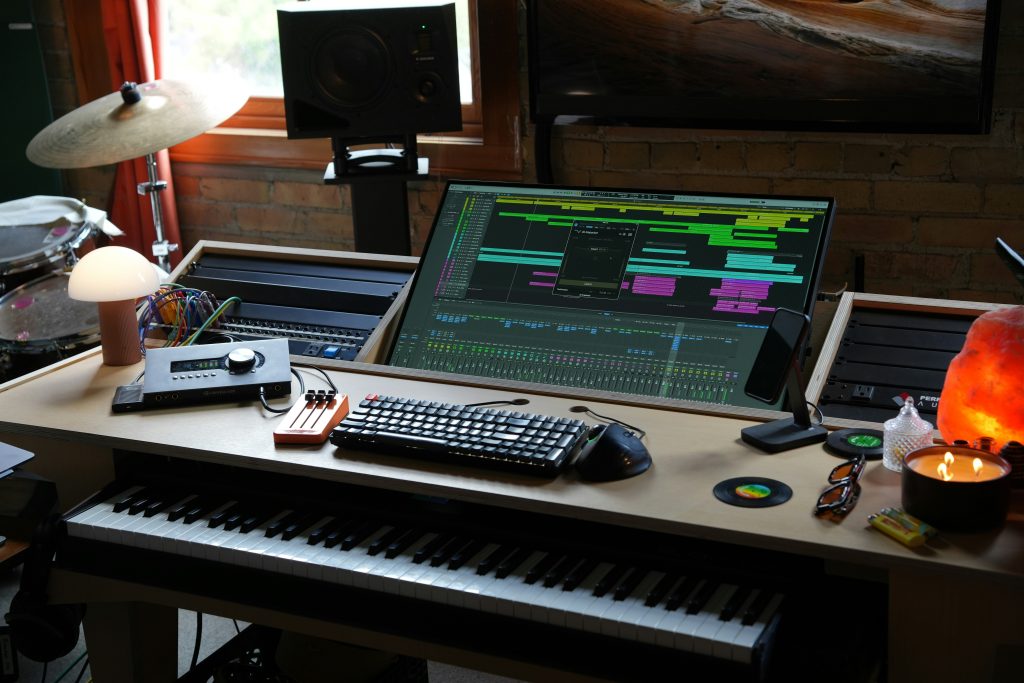Understanding Misophonia: A Hidden Struggle Among Celebrities
In a world where silence is often golden, there exists a neurological disorder that turns everyday sounds into sources of distress. Misophonia, characterized by intense emotional reactions to specific auditory stimuli, has gained attention as various public figures share their personal battles with this condition. Notably, celebrities like Melissa Gilbert have opened up about their experiences, shedding light on a disorder that affects many but remains largely misunderstood.
Misophonia is not simply a dislike of certain sounds; it is a debilitating condition that can provoke extreme discomfort, anxiety, and even rage. Those affected often find themselves triggered by common noises such as chewing, slurping, or tapping. Melissa Gilbert, the beloved star of "Little House on the Prairie," recently revealed her struggles with misophonia, admitting that she has long suffered in silence. Her triggers range from the sound of open-mouthed chewing to the rustling of wrappers, each noise serving as a reminder of her internal battle.
The condition can lead to significant social challenges. Gilbert recalls the difficulties she faced while filming, where the sounds of crew members eating or the background noise of a busy set could easily disrupt her focus and peace of mind. This aspect of misophonia can alienate individuals from their surroundings, making them feel isolated in social situations where these triggers are prevalent.
Despite its impact, misophonia is often dismissed by those who have not experienced it, leading to frustration and a sense of invisibility for sufferers. Gilbert's courageous decision to speak out serves as a reminder that mental health and neurological disorders deserve recognition and understanding. Her story is not unique; other celebrities, including Kelly Osbourne, have also shared their struggles, drawing attention to the reality that misophonia can affect anyone, regardless of their fame or success.
The scientific community is still unraveling the complexities of misophonia, but research indicates that it may be linked to an overactive central nervous system response to certain sounds. This hypersensitivity can lead to a cascade of emotional reactions, making it difficult for individuals to cope in environments where their triggers are present. For many, the battle with misophonia is ongoing, requiring a combination of coping strategies and support systems.
As awareness of misophonia grows, there is hope for better understanding and accommodation of those affected. More research and discussions surrounding this condition can foster a supportive environment where individuals feel seen and heard. In the meantime, those dealing with misophonia can take solace in knowing they are not alone. By sharing their experiences, celebrities are paving the way for a more compassionate dialogue about mental health and neurological disorders.
In conclusion, misophonia is a real and often debilitating condition that deserves attention and empathy. As more individuals, including public figures, share their stories, it is crucial for society to listen and learn about the struggles faced by those living with this disorder. Understanding misophonia is the first step toward dismantling stigma and promoting a culture of support and awareness.











